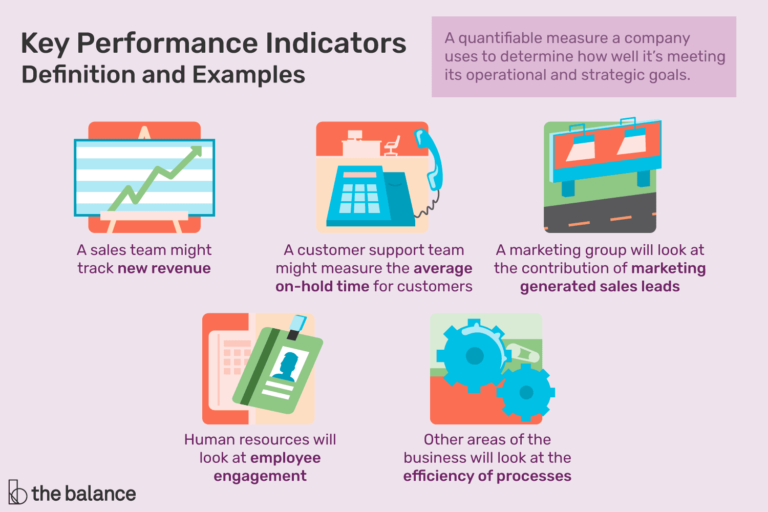In the digital marketplace, where competition is just a click away, mastering the art of
Search Engine Optimization (SEO) is paramount. For eCommerce enterprises, SEO
isn’t just about ranking; it’s about visibility, conversion, and ultimately, profitability.With
search engines driving more than one-third of all traffic to eCommerce sites, ignoring
SEO is like leaving money on the table.
Ecommerce SEO is a multifaceted approach that demands a deep understanding of
search engines, consumer behavior, and the digital sales landscape. This thorough
guide will coach you through the key ideas and cutting-edge tactics that will not only
improve your online store’s rankings but also develop a strong digital footprint that
resonates with your target audience.
Why SEO is Crucial for Ecommerce Success
The eCommerce realm is bustling with opportunity and challenge. With giants like
Amazon dominating search engine results pages (SERPs), it’s easy for the budding
eCommerce entrepreneur to feel like a tiny fish in a vast ocean.
But SEO is the great leveler – the one weapon in your arsenal that can help even the
smallest of startups angle for visibility and success. A strategic SEO approach can:
● Enhance the visibility of your products on search engines
● Drive targeted traffic to your online store
● Improve user experience and site performance
● Increase sales conversion rates and customer retention
In essence, SEO for eCommerce isn’t just about algorithms and keywords; it’s about
meeting your customers where they are and delivering an online experience that
compels them to click, browse, and buy.
Understanding Ecommerce SEO
To understand the complexity of SEO in an eCommerce context, start with the
fundamentals.
Keyword Research for Ecommerce
In the world of eCommerce, keyword research is the bedrock of an effective SEO
strategy. It’s about understanding what your potential customers are searching for and
weaving these phrases into your site’s DNA.
Here’s how you can harness the power of keywords:
● Look for high-intent keywords that suggest purchase or comparison-shopping
behavior.
● Leverage long-tail keywords for specific product pages to capture more detailed
searches.
● Use keyword research tools like Ahrefs or Moz to identify trends and
opportunities in your market.
On-Page Optimization Strategies
It’s not enough to identify keywords; you must also optimize your site’s architecture and
content to rank for them effectively. This involves:
● Crafting compelling meta titles and descriptions that include your target
keywords.
● Ensuring your product pages include high-quality images, detailed descriptions,
and persuasive calls-to-action.
● Structuring your content with headers and bullet points to improve readability and
SEO.
Technical SEO for Ecommerce Websites
The technical aspects of your site’s SEO can be the difference between ranking on the
first page and languishing in the depths of SERPs.
Technical SEO best practices for eCommerce sites include:
● Ensuring your site is crawlable by search engines.
● Optimizing site speed, including image compression and minifying CSS.
● Implementing schema markup to enhance rich snippets and improve
click-through rates.
Importance of Mobile Optimization
With the majority of online shopping occurring on mobile devices, ensuring your
eCommerce site is mobile-friendly is non-negotiable.
Mobile optimization for eCommerce SEO involves:
● Implementing a responsive design that adapts to various screen sizes.
● Ensuring a simplified checkout process for mobile users.
● Regularly testing and optimizing for mobile performance.
Content Marketing for Ecommerce SEO
In the world of eCommerce, content is king – and marketing is its chariot.
Creating SEO-Optimized Product Pages
Your product pages are the battlegrounds where customers make their buying
decisions, and SEO-optimized content can make the difference between a sale and a
bounce.
Key strategies for SEO-optimized product pages include:
● Writing unique product descriptions with relevant keywords.
● Using high-quality, SEO-friendly images and videos.
● Intelligently categorizing and tagging products for improved navigation and SEO.
Utilizing Blogs and Guides for SEO
A well-crafted blog or guide can serve as a magnet for organic traffic while establishing
your brand as an authority in your niche.
Tips for using blogs and guides for eCommerce SEO include:
● Addressing buyer pain points with solution-focused content.
● Using internal linking to guide visitors to your product pages.
● Regularly updating your blog with fresh, relevant content.
Ecommerce SEO Tools and Platforms
Emerging technologies and a plethora of SEO tools have made it easier to monitor,
refine, and amplify your SEO efforts in the eCommerce space.
Some essential eCommerce SEO tools and platforms to consider include:
● Google Analytics and Google Search Console for monitoring site traffic and
search performance.
● Yoast SEO for WordPress to streamline on-page optimization.
● SEMrush for comprehensive SEO toolkits that cover keyword research, link
building, and more.
● Shopify or Magento for built-in SEO features and eCommerce platform
capabilities.
Successful Ecommerce SEO Strategies
The best way to understand the potential and power of eCommerce SEO is to study
real-world examples of companies that have excelled in this field.
Case studies of successful eCommerce SEO strategies can:
● Illuminate the practical application of diverse eCommerce SEO techniques.
● Offer insights into the principles that underpin successful SEO outcomes in an
eCommerce setting.
Future Trends in Ecommerce SEO
SEO is an evolving field, and anticipating future trends can give you a competitive edge.
Future trends to watch in eCommerce SEO include:
● The rise of voice search and its implications for keyword research and
optimization.
● The increasing role of AI and machine learning in SEO strategy and execution.
● The intersection of local SEO and physical retail in the context of omni-channel
eCommerce.
Conclusion:
Actionable Steps to Improve Your Ecommerce SEO
Ecommerce SEO is an ongoing endeavor, not a one-off project. It requires diligence,
creativity, and a commitment to staying abreast of the latest developments in the SEO
sphere. To improve your eCommerce store’s SEO, start with these actionable steps:
● Regularly audit and optimize your site for search engines and users.
● Create a content strategy that includes a mix of product pages, guides, and
blogs.
● Leverage the power of data analytics to track your site’s performance and make
data-driven decisions.
● Stay informed about the latest trends and updates in the world of SEO.
Remember, the digital marketplace is vast and full of opportunity. With a strategic SEO
approach, your eCommerce store can not only survive but thrive, attracting the right
customers and converting them into loyal brand advocates. Ready to make your mark in
the eCommerce world? Start with SEO, and watch your online presence grow.





